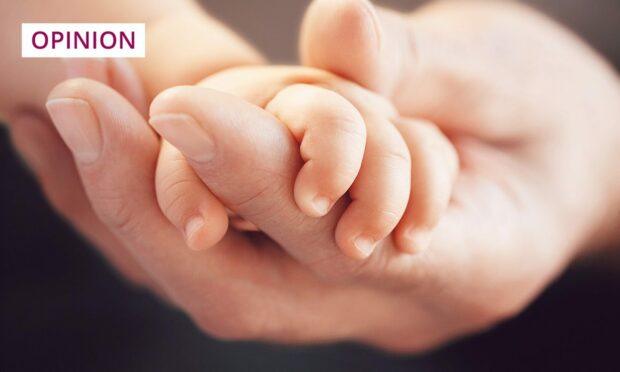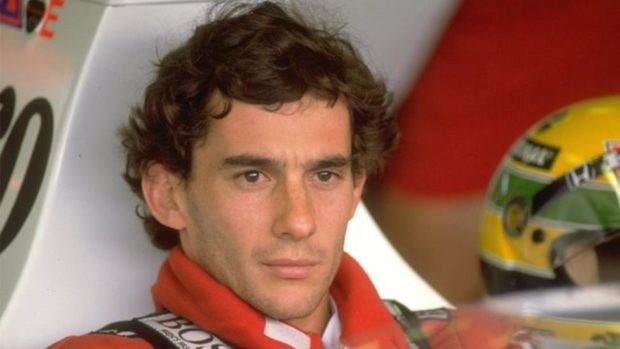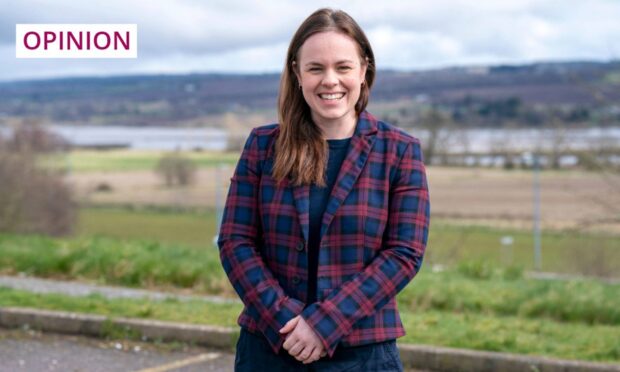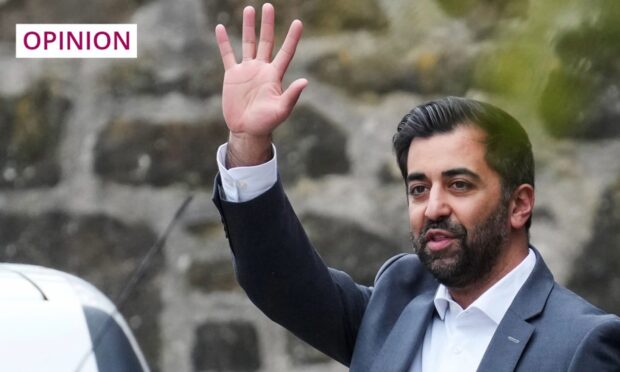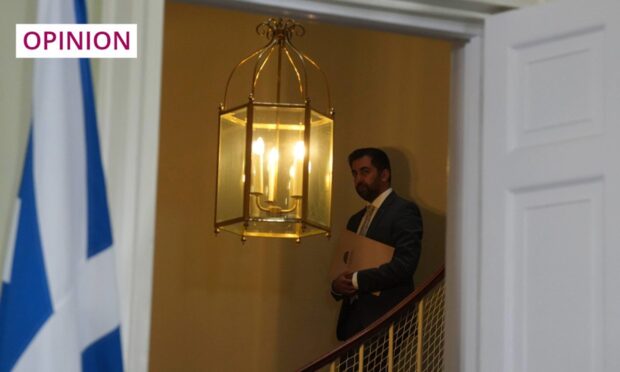Since having children, I’ve basically become an open wound.
Any suggestion of a child being mistreated in a book I’m reading or programme I’m watching sets me off on a crying jag.
Certain former favourite films are now no-go for me (much to the frustration of my Jaws-loving partner). I’ve been reading my eldest son a book in which the hero is a lonely boy in the care system (The Crackledawn Dragon by Abi Elphinstone), and tear up at even the subtle hints, sanitised for a middle-grade reader, of his trauma.
The idea of letting my boys out into the world also feels terrifying. When I’m not with them, even when they’re just five minutes up the hill at school, I work hard to calm an irrational, panicky yearn to hold them. I am never entirely relaxed when they’re on a car journey without me, until I have a text message confirming that all passengers have arrived safely.
We drum it into them to “look for a mummy with children” if they ever get lost in public. “Or a daddy,” my youngest suggested, to which his own father quickly replied: “No, no, son. Just a mummy,” the unspoken implications passing between us, over his head.
Millennial and xennial parents are easy targets for our sneering elders, because we tend to helicopter, allowing our children far less freedom outside the home than we had or our parents had. But that’s probably because, thanks to the internet, we’ve been made far, far more aware of the dangers out there. The worst horrors in the world are always just a click away in the age of social media.
Of course, this week, the horror is taking centre stage, across newspaper headlines, radio, television and conversations in the street. Like seemingly everyone else, I followed the Lucy Letby sentencing on Monday obsessively, unable to look away. I was in bits even before I read the victim impact statements from the parents of the murdered babies that Letby avoided hearing by refusing to turn up to her sentencing.
As parents, we have to trust nurses, teachers and many more adults
My youngest son was taken into neonatal care on the night of his birth. It was five years ago now and, as we’re lucky, I can’t remember exactly why – some complication resulting from his C-section.
I look back through the pictures on my phone to remind myself: there he is snuggled in my arms and a babygrow at 01.24; then, something must have gone wrong as by 02:46 he’s in an incubator, naked, purplish-tinted skin at a distance from the armless chair I’m allowed to sit in, harsh strip lighting and a mass of tubes. Blue glare of the monitor.
I remember that I was wearing a dressing gown and slippers, crying and still bleeding, and eventually the nurses on duty hugged me and sent me back upstairs to sleep. I was too tired to argue, but every other bit of me screamed that I should stay there by my baby. But I had to trust them.
By 07:01, the photos say, he’s been returned to me (I remember I was woken up by his arrival), and he’s back in his babygrow, snuggled in, a little bit of dried blood around a cannula twice the size of the tiny hand it’s sticking out of.
I had to trust the nurses. And, as parents, we still have to trust the nurses, and the teachers, and all the other people who our children may encounter in life. Locking our kids in sterile bubbles and insisting that their parents should be the only influence in their lives is fundamentally unhealthy.
Our society runs on kindness, care and trust
The Letby case is horrific, the stuff of nightmares, and will have increased worry and paranoia in those already exhausted new parents with babies in neonatal units everywhere. But I would suggest that the reason we’re all so transfixed by it is because she is an absolute outlier.
We can point to that one person and say the word “evil” because she broke the unspoken tenet hardwired into our species: to care for the youngest and most vulnerable members. The moral revulsion you feel when you read about her is shared by the overwhelming majority of people in this society; as a parent, and as someone trying to keep on believing that there’s good in the world, I have to keep focusing on that.
He quotes what Letby said in evidence, that harming babies was against everything a nurse should do – he says that was 'but one of the many lies you have found to have told in this case'
— Dan O'Donoghue (@MrDanDonoghue) August 21, 2023
In the coming months, the investigation into the NHS managers at Countess of Chester Hospital who allowed Letby to get away with the murders must lead to more robust safeguarding processes across the whole of the health service.
Even though it can feel completely broken at times, human society runs on kindness and care, community and trust, and these are the things that underpin the NHS and our faith in it. The breakdown that could occur in that trust around this case cannot be allowed to happen, for the sake of every patient, potential patient, and hardworking nurse and doctor in the country. Because we need each other.
Kirstin Innes is the author of the novels Scabby Queen and Fishnet, and co-author of non-fiction book Brickwork: A Biography of the Arches
